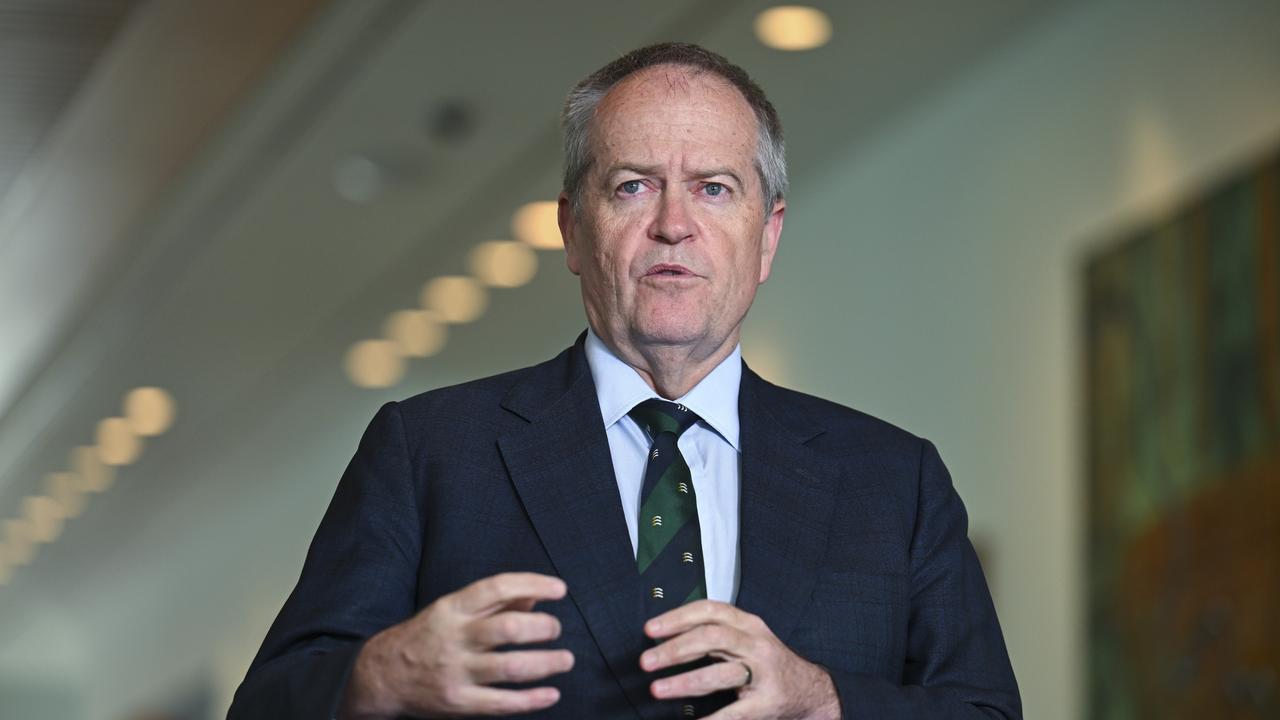Uni place cuts will hit vulnerable: Oakeshott
ROB Oakeshott has rejected suggestions budget blowouts are behind the government's rethink on a demand-driven university system.
INDEPENDENT MP Rob Oakeshott has rejected suggestions that budget blowouts are behind the Rudd government's decision to reconsider its demand-driven system for universities.
The retiring MP said any changes to how many students that universities could enrol would be at the cost of regional, indigenous and poor students.
Mr Oakeshott was "desperately worried" by comments from new Higher Education Minister Kim Carr this week that alternative funding to help pay for the Gonski reforms could potentially come from slowing the number of places available to university students instead of making $2.3 billion in funding cuts.
Senator Carr said he was also concerned by the number of students with ATARs below 50 being accepted into university.
Mr Oakeshott said he had "sat in the Prime Minister's office three months ago" and asked officials from Treasury and the Department of Education if the demand-driven system was sustainable. "I was told very clearly the answer was yes, because demand . . . was beginning to plateau," he said.
The Australian reported in January that only 1400 more people applied for university this year than last, a jump of 0.6 per cent.
Equity expert Trevor Gale has estimated that in order to meet the government target of 40 per cent of 25-34 year olds with a bachelor degree or above, 25,000 additional students needed to enrol every year until 2025. This 36.8 per cent, up from 29 per cent in 2006. In Mr Oakeshott's electorate of Lyne on the NSW mid-north coast, only 12 per cent of people aged 25 to 34 hold a degree.
Mr Oakeshott, an advocate for greater access to university in regional areas, disputed that there was any correlation between ATAR, quality and success at university.
"ATARs reflect many things when you are 17 years old, not just academic ability," he said.
"It's an assault on regional Australia, Aboriginal Australia and low-income Australia."
However, Andrew Norton, higher education director of The Grattan Institute, says his analysis reveals a direct correlation between ATAR and success at university.
"The lower the ATAR the greater the chance of dropping out," Mr Norton said.
However, even with low ATARs attrition rates were still only one in three.


